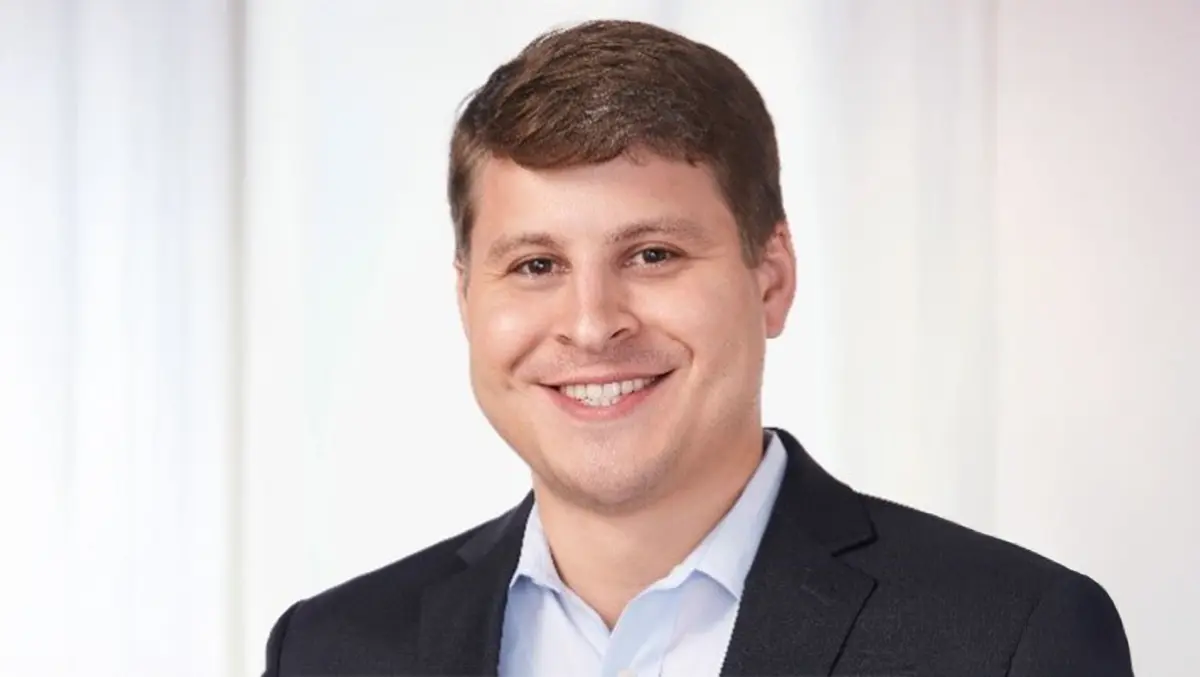
Exclusive: Dell integrates security at the heart of AI innovation
Dell Technologies has made no secret of its ambition to lead the global charge on enterprise AI, but for President and Chief Security Officer John Scimone, security is the fundamental pillar underpinning every innovation.
"Our security strategy in the company is to put security intrinsically into our products, from the beginning. Literally from the time it's an idea, through design, development, manufacturing, shipping, supply chain and even post-delivery." Scimone said during an interview at Dell Technologies World in Las Vegas.
Building secure AI from design to deployment
The AI Factory is at the centre of Dell's AI vision. A suite of hardware, software, and services is designed to power AI workloads across the edge, data centre, and cloud. For Scimone, the real differentiator is that security is embedded throughout. "When we look at the AI factory and the way it was designed, it was designed with zero trust principles in mind," he explained. "We're really securing every phase of it, from the developer's endpoint to the data pipelines… the models, protecting it at every stage of the lifecycle with world class encryption and access management."
Security is not an afterthought or an add-on, but woven into every layer - from the hardware root of trust in servers and laptops, through the supply chain, to customer-facing managed security services. "Each of the product lines that are within the factory have security all the way through the stack, ensuring every element is trusted and really assured, from design all the way through delivery," he explained.
AI as both opportunity and emerging threat
Scimone acknowledges that the AI boom is a double-edged sword. While AI offers the power to transform industries and improve productivity, it also opens new avenues for cyber criminals. "In the AI era, data is increasingly business' most valuable asset, and so most businesses are hesitant to entrust that asset to a third party," he said, noting a shift toward on-premises AI workloads for tighter control.
With the rise of large language models and agentic AI, Scimone says cybersecurity professionals are having to rapidly evolve their strategies. "These architectures present new opportunities for criminals to exploit and abuse the platforms," he said. "Just as excited as we are, the criminals are of equal excitement, and we need to be mindful and anticipate what they might do in leveraging this technology to cause harm."
Still, Scimone is "cautiously excited" about AI's potential to empower security teams. "It's good at dealing with large amounts of complexity. It's good at substantially increasing human productivity," he said. "Having greater degrees of productivity, particularly as we get into an autonomous world, presents a huge opportunity for us to get more value out of every one of our team members."
AI at the edge: New risks, new opportunities
The growing importance of the edge, and the advent of AI PCs with dedicated neural processors, brings both new risks and new defences. "The result today is that we have the world's most secure PC, and it's a big reason that our customers do business with us," Scimone said. But as customers move valuable data and models onto endpoints, each device becomes a more attractive target.
"The priority for security on the endpoint, while it's already very high today, only grows significantly in an AI world," he said. Yet the same AI hardware that powers new features can also bolster defences. "With the increased power and capability that's going to exist with NPUs on our AI PCs, this opens up all new opportunities to increase the security even further," Scimone added, pointing to collaborations with software partners taking full advantage of this processing.
End-to-end security as Dell's differentiator
For Scimone, Dell's approach sets it apart in a crowded security market. "Most security companie are selling you a slice, a solution that solves a slice of a problem. That's not been Dell's approach," he said. "We're incredibly focused on security as a team sport. We bring forward to our customers a wide array of talented partners, providing end-to-end services."
Crucially, security is never an afterthought. "It's not a conversation about selling security. It's a conversation about selling technology, selling an outcome that that technology creates. And it's assumed and expected that security is going to be delivered in an integrated way with that," he explained. "We're not a security technology company. We're a secure technology company."
Staying ahead of compliance - and innovation
With global regulations on AI and cybersecurity advancing, Scimone says Dell treats compliance as "non-negotiable." The company has a dedicated team that continuously monitors the global rulebook and ensures internal policies are kept up to date. "Legal compliance, regulatory compliance is a non-negotiable topic. We follow the rules in all parts of the world where we operate," he said.
But he is adamant that security and compliance must not slow innovation. "One of the greatest risks of AI is people's fear of AI. I actually worry about not moving quickly enough," he said. "The potential is tremendous to better society, to transform society, change healthcare, change education… I don't think you have to move slow to be secure. At Dell, we're focusing on how do we accelerate the pace of innovation, the pace of adoption, but again, doing it in a responsible and secure manner."
A positive outlook for AI and security
Ultimately, Scimone remains optimistic that AI can be a force for good. "This is a unique and strategic inflection point where, with this incredible new capability that AI is providing, it gives an opportunity for organisations to better secure themselves," he said. "At the end of the day, that higher trust in technology means that they're going to be able to use technology to do good things for their companies."
"For me, it's a real privilege to make life harder for cybercriminals. I feel incredibly lucky to play a part in Dell's mission - helping our customers succeed, so they can do even more good for their own customers."
